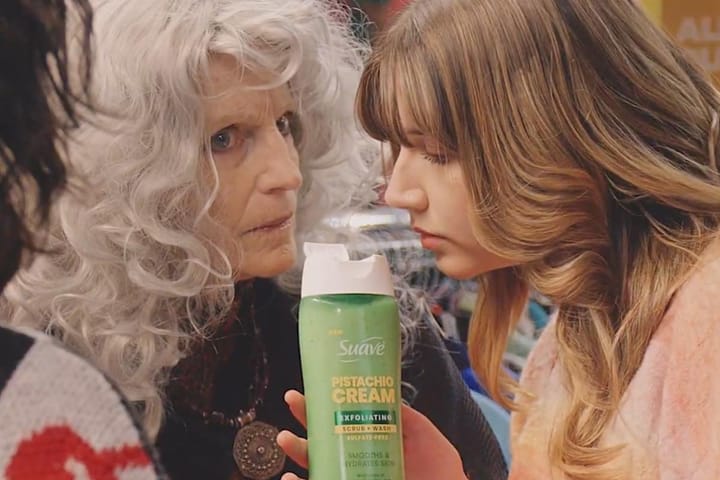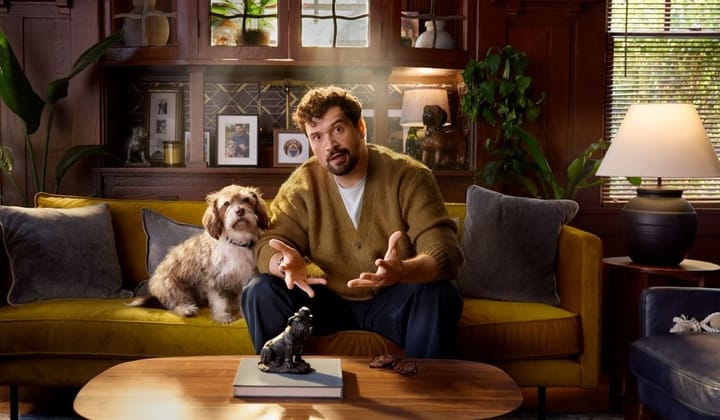Discovering New Cultures, with Vagabond as Your Guide
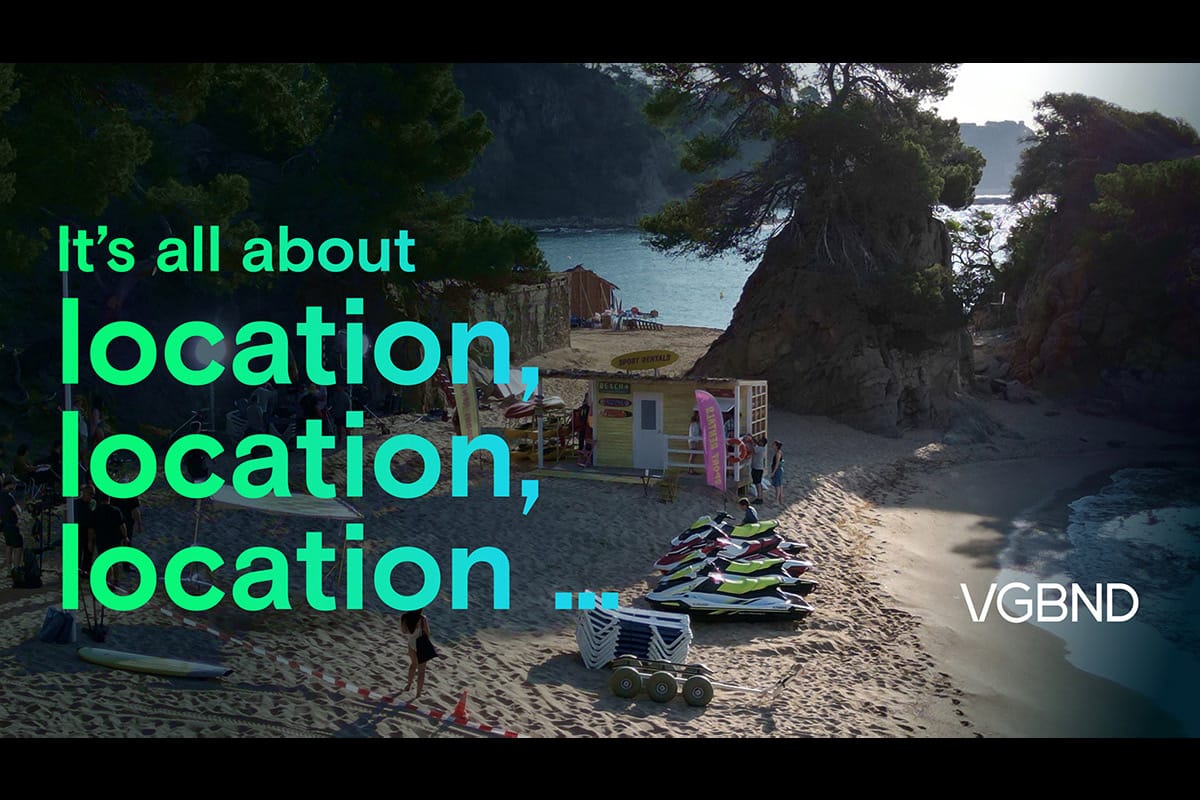
By Chandler Atton & Anthony Vagnoni (This article originally appeared on the Simian Blog.)
Since its launch in the early aughts, Vagabond Films has opened doors around the world for producers who’ve needed to find just the right location, with just the right weather, just the right vibe and at just the right time of year. While it began as a service company bringing European productions to the US, it quickly morphed into a specialist in South America and Spain, with a client base of top US-based production houses and agencies.
Founded by Lorenzo Benedick, a Swiss native who's been living and working in the US since the 1990s (he's on the right), the company is now led by him and his partner, Gabriel Carratú. The list of companies they've serviced on jobs is a who's who of the commercial production industry, from ArtClass, Stept Studios and Skunk to Knucklehead, Stink, Mayda, and The Mill.
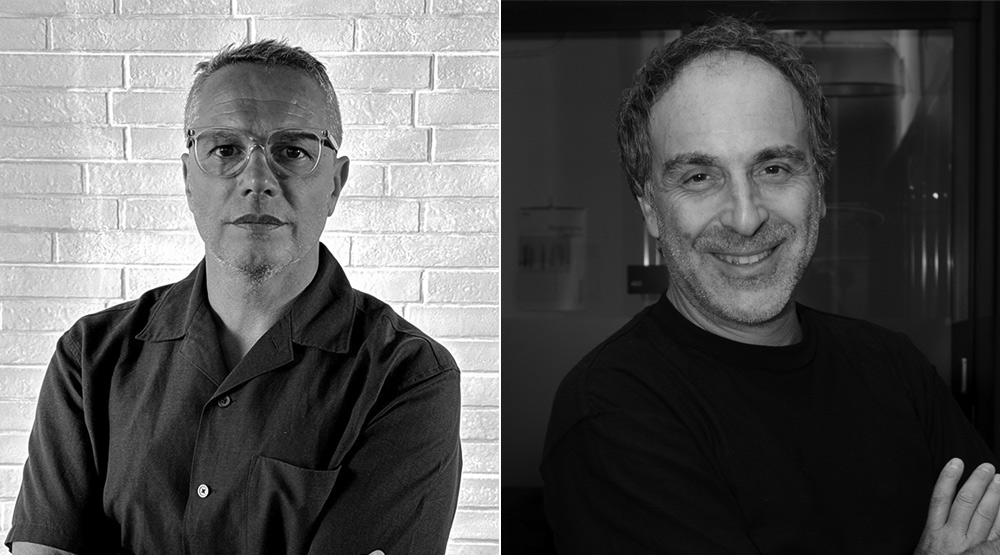
VGBND has lately been singing the praises of shooting in Colombia, which they say offers more than just the world's best coffee. Home to a dizzying array of location varieties and boasting world-class production facilities and crews, including some of the largest stages in South America and strong stage building capabilities, they're making a concerted effort to spread the word about this largely untapped gem. (check out their Colubmian-focused Columbian-focused presentation deck).
We met up with Lorenzo recently to get the skinny on how VGBND came to be experts in shooting in South America, and why they think more production companies and agencies should explore the wonders of Colombia.
Tell me about how you launched Vagabond. What's the company's history? And who are its current partners?
Lorenzo Benedick: I created Vagabond as a production service company in New York a long time ago, back in the late 1990s. So as a European native, speaking French and Italian, I had some relationships abroad. I was a director back then, and I had some colleagues who would come to New York to shoot, and since I had worked in music videos, I became their producer.
Who runs Vagabond with you now?
Lorenzo: I have different partners in different countries; we’re all producers in the various countries we cover. My main partner is Gabriel Carratú, who leads the Spain office in Barcelona. He’s the one who took me down to South America in early 2000. Before that, I was mostly bringing Europeans to New York, but that all changed after September 11.
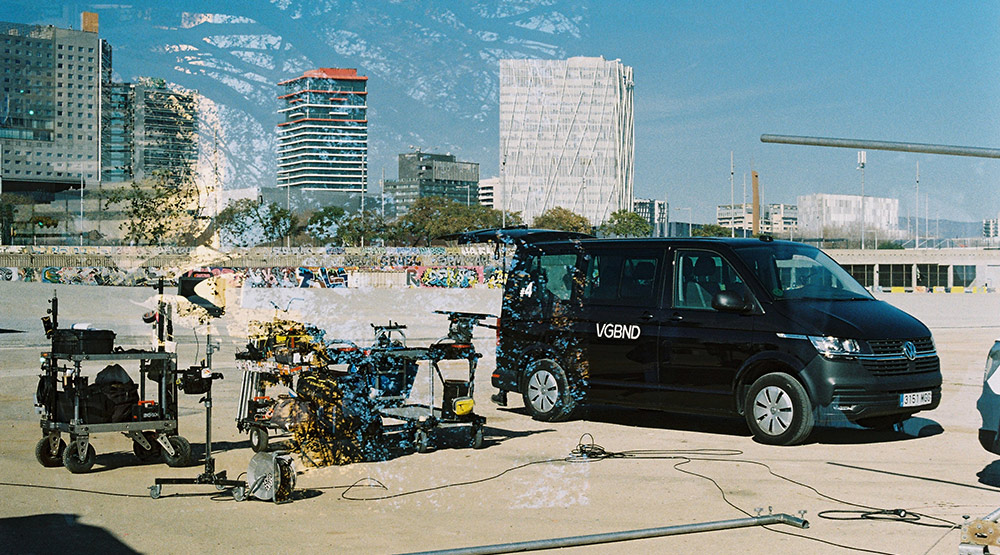
So that’s how Vagabond got started working in South America?
Lorenzo: Yes. I got to know Gabriel when he was in New York working as an assistant director. He invited me down to Uruguay, and suggested I try and bring some US work down there, so that it would give clients some options. And we found there were some great assets in Uruguay, but we needed more. Production service is all about location, location, location. That’s what led us to Argentina; it’s a bigger country, with more varied locations. And from there we went to Chile. And then we needed a big, beautiful beach, so we went to Brazil. It was a very organic way of expanding.
By 2006 we pretty much had the whole continent covered, and we came to be known as specialists in South America. And it’s great to have that niche, we enjoy it. We’ve built some great relationships, there’s great creativity and we get to bring people on these adventures. Everyone wants to see something new and discover the culture. And as we moved into new countries, we would learn more, as the local industries developed and evolved.
Given your background, what’s the great advantage of working abroad with Vagabond?
Lorenzo: I started my career in New York, so when it comes to production, I got an American education, and learned how to work in the American system. So when European clients came here, we were able to work pretty fast. Today, we work primarily in South America and Spain, and I’d have to say that about seventy percent of that originates with US-based companies, with about twenty percent from the UK. So that knowledge is very helpful, as is my being based here in New York.
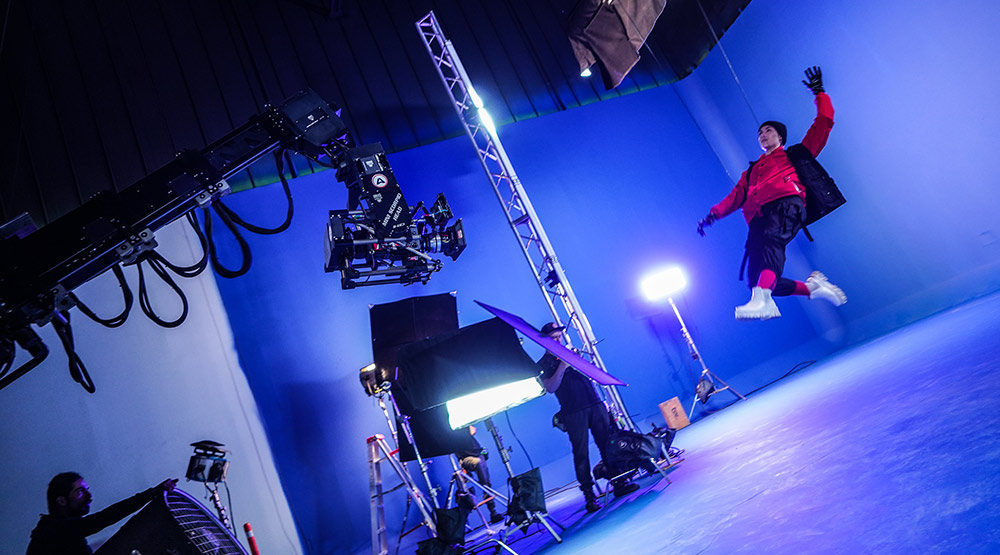
How has the production service world changed in the post-pandemic era? Are clients and brands willing to travel to get better options or lower costs?
Lorenzo: Honestly, we're back to normal. Everybody's traveling, everybody wants to be together on location. So I think for commercial production, it’s back to where it was before. During the pandemic, we were moving things around quite a bit, based on what countries were closed or open at any given time. And like a lot of people in the industry, we created our own model of shooting remotely. More importantly, we reinforced a lot of relationships during this time, and that helped.
I’d like to add that we follow the Green the Bid guidelines, and there’s always agency and client people who are staying behind. We have a remote feed on almost every job. We’re very active with this initiative, and we’ve been pioneering that with a local company in Colombia, providing full reporting to the production company on its carbon usage. The one thing we can’t really control is how many people are flying, of course.
Let’s talk about Colombia. I know you’re interested in getting more production companies to give it a closer look. What will they find when they do so?
Lorenzo: You know, we like to promote all of the countries in which we work, and many people are familiar with working in Argentina, Brazil, Chile and Spain. But Colombia is kind of a new entry. And we’ve had to deal with preconceived notions about Colombia that are outdated. So educating clients has been a process. But we’ve done a lot of good work in communicating its benefits over the past few years, and we’ve been able to bring quite a few US brands there such as P&G, Facebook, Logitech, and HPE, among others, so people are getting more comfortable with the idea. And once they see it, they want to come back.
What’s most appealing about working in Columbia, compared to other countries in South America?
Lorenzo: Your budget goes a lot farther there; cost is a big advantage, and there are fewer regulations. There’s a great range of locations, from urban settings like Bogota to amazing natural environments. We’ve found that the local crews and companies can be a lot more flexible. And the distance is shorter, too, compared to Argentina, Chile or Brazil. It can shave hours off the travel time, and there are lots of direct flights.
There’s also a very advanced production industry, in terms of equipment and facilities. Before foreign production started to come in, there was lots of local work done there; Colombia is one of the biggest producers of telenovelas in South America.
Over the past decade, since the country became more politically stable, it’s really opened up, and they’ve been experiencing an economic boom. It’s also a big country in terms of population, with more people than Argentina, three times more than Chile, which helps with casting. And the tax incentives for longform work made the local production industry really strong. As a result, there’s been a lot of TV series work there, including for such outlets as Netflix, which shot ‘Narcos’ there. And some big Hollywood features have been shot there, too.
What’s great about that is that the local crews have been working with top foreign directors and DPs, and the knowledge factor has just multiplied very, very quickly. That’s been a huge benefit for our work. Colombia has become a top-level production service destination that’s equal to any other place.
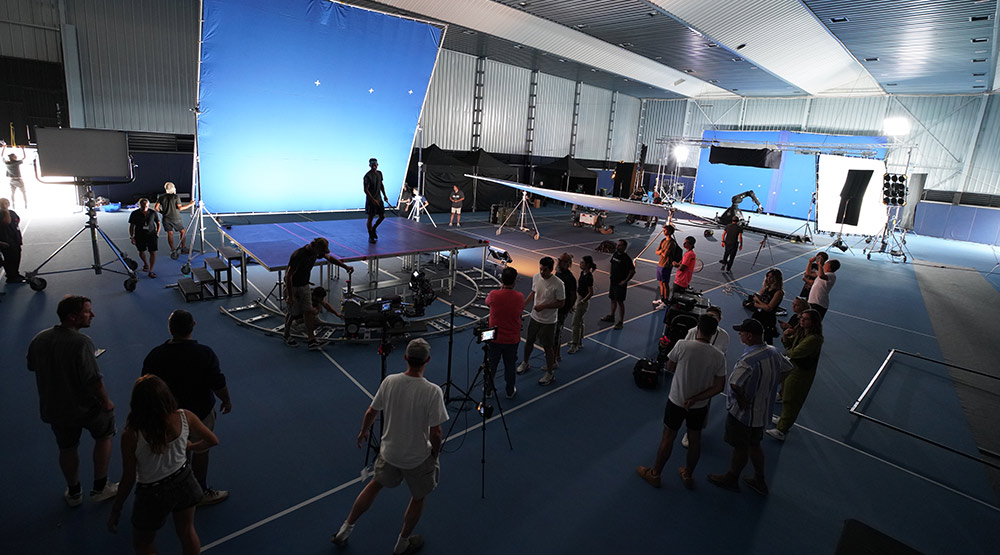
Vagabond is a fairly recent convert to working with Simian. How has this helped you win jobs and grow your brand?
Lorenzo: It’s been incredible. We love the presentation mode, it’s so much easier than just putting up a PDF. And it's given us everything in one place. Whether we're showing reference photos or we're bidding, or we're actually in production, we use it in every stage of the process -- we do casting submissions, we do location submissions, almost everything that we can share with clients, we do in Simian. It’s been very user friendly, and the mobile app is a really good asset.
We were using another service before, and we found that a lot of our clients are using Simian. You know, you get used to something until you discover there's something better, and that’s when our Executive Producer from Colombia, Pablo Tourrenc, said, ‘we gotta switch.’ Quality-wise, people are happy to get our stuff.
And for us, working across multiple countries, it’s become like a database. We keep track of all our jobs, and everybody knows what's going on in another country at any given time. It's also a way to exchange information between ourselves; we might bid a job for both Chile and Spain, and there can be a lot of back and forth for the producers. So it’s become an exchange platform for us.
And with the approval system and analytics, we know right away if clients have looked at location references. And when we see that, it’s exciting. Because you know something’s going on, they’re going to decide soon, something is cooking. And we can anticipate. It’s like, let’s be ready.
Showreel powered by Simian


